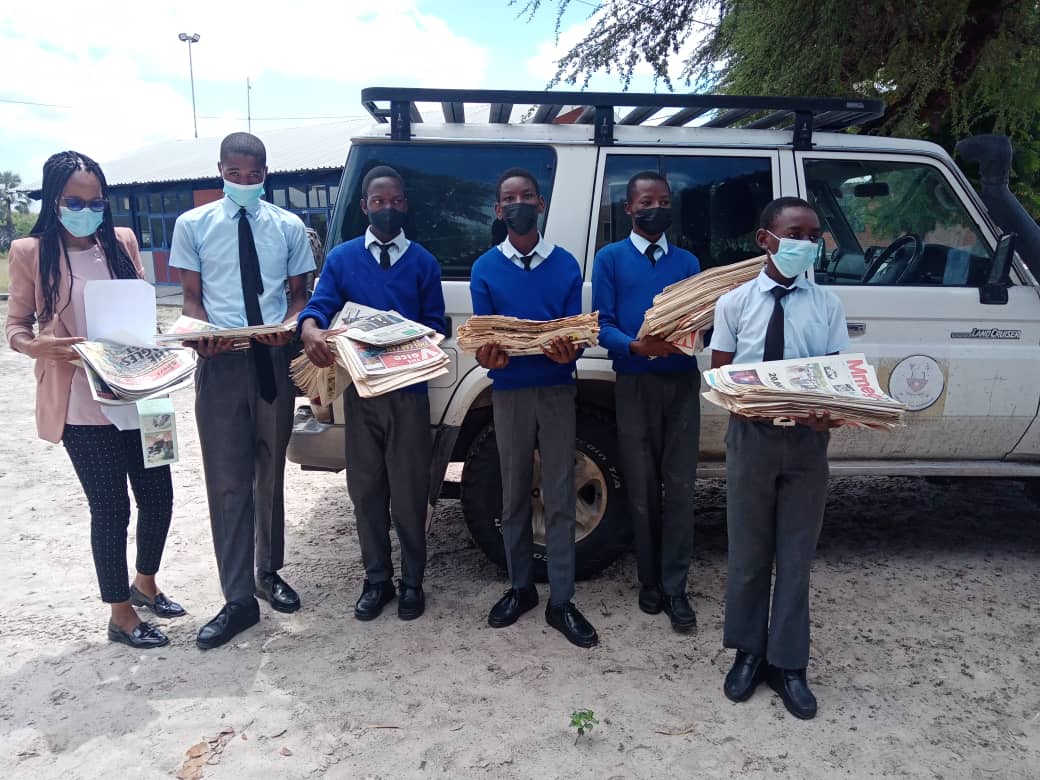Maun based athlete and mountaineering, Simmon Phuthego has launched an organization aimed at raising funds for affected human wildlife conflict victims and promote co-existence, conservation and raising awareness about the situation within the Kavango Zambezi Transfrontier Conservation (KAZA) countries namely Botswana, Namibia, Angola, Zambia and Zimbabwe.
When speaking at Speaking at the first High
Level Stakeholder Engagement Breakfast meeting held in Maun recently, where he launched his organization dubbed ‘THE SIMMON PHUTHEGO ORGANISATION’, highlighted that the NGO will raise funding to support adaptation and mitigation of human-wildlife conflict at the local level in all five KAZA countries.
Phuthego first assignment will began next month on the 3rd of December where they will host their inaugural bushwalk in Botswana called ‘THE KAZA CO-EXISTENCE CHARITY BUSH WALK’.
The first beneficiaries of the funds are two victims of crocodile attack in Maun. The duo is Nkoketsang Monnawatsheko, 59, and her daughter Cecilia Monnawatsheko, 40. The two were harvesters of tswii (water lily) that is found in the Okavango and Thamalakane River. They escaped death by a whisker after they were attacked by a deadly crocodile when they were harvesting tswii in 2020. Both women lost an arm after the incident and are now permanently disabled.
The increase in crocodile human conflict could see an increase in poverty levels especially in remote areas since women, who risk their lives to eke a living through harvesting tswii, are mostly the ones affected.
For Monnawatsheko and her daughter Cecilia, their means of survival has drastically changed as they no longer harvest or sell tswii in Maun old mall after their arms were detached by the deadly reptile two years ago.
In a previous interview, Monnawatsheko explained that after the incident the government only paid for medical expenses then abandoned them without any monetary compensation despite being permanently disabled.
Only a few companies came to their rescue to buy them groceries but it is not sustainable and they appeal to the government to at least compensate them with a living allowance to sustain their lives than to rely on donations from Good Samaritans.
The NGO will also assist the family with artificial hands and groceries and will also be counselled for trauma.

 Heads expressed gratitude, saying that the material would become handy during their Form Three class initiatives especially for intensive reading training and comprehension.
Heads expressed gratitude, saying that the material would become handy during their Form Three class initiatives especially for intensive reading training and comprehension.

